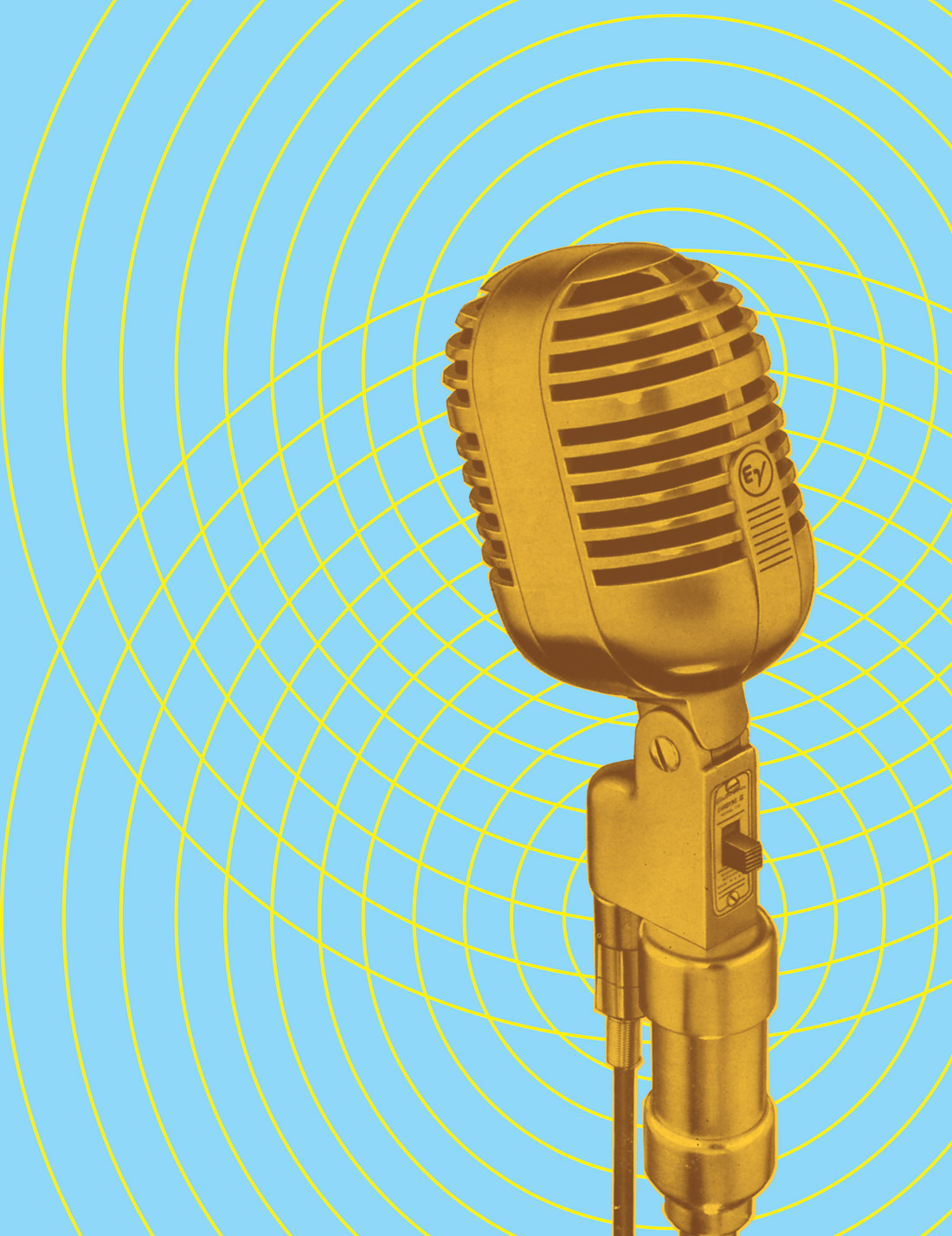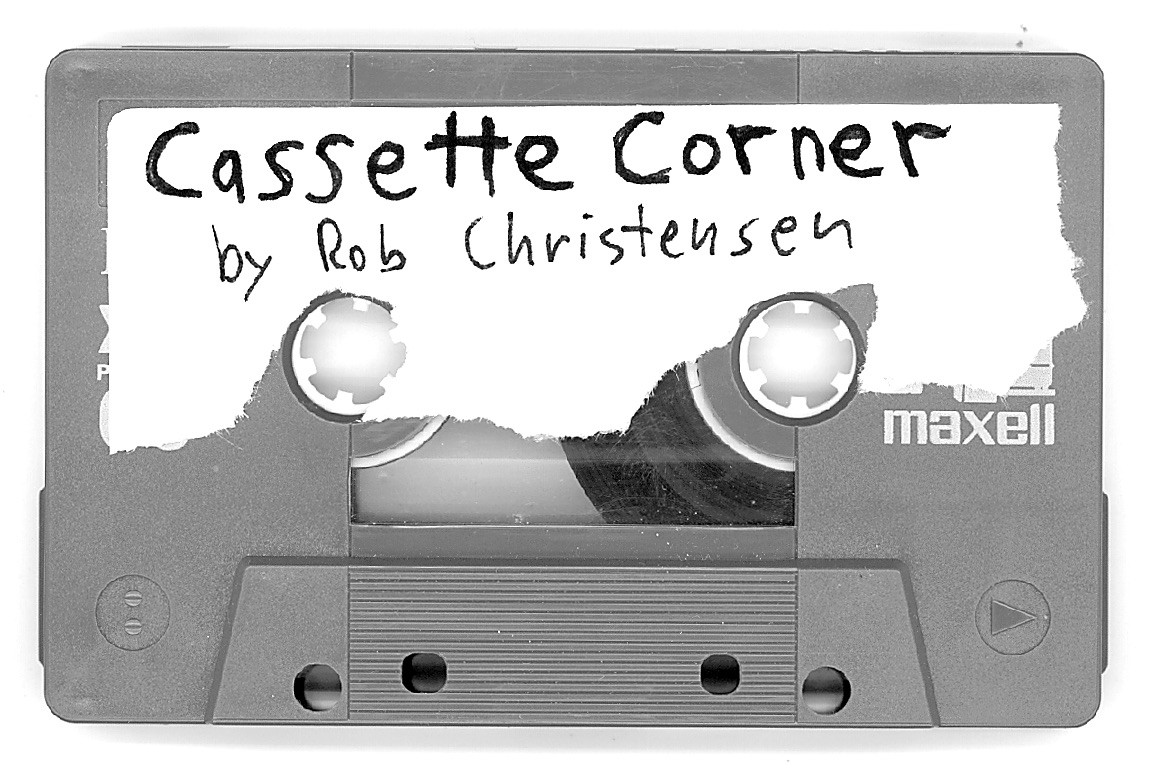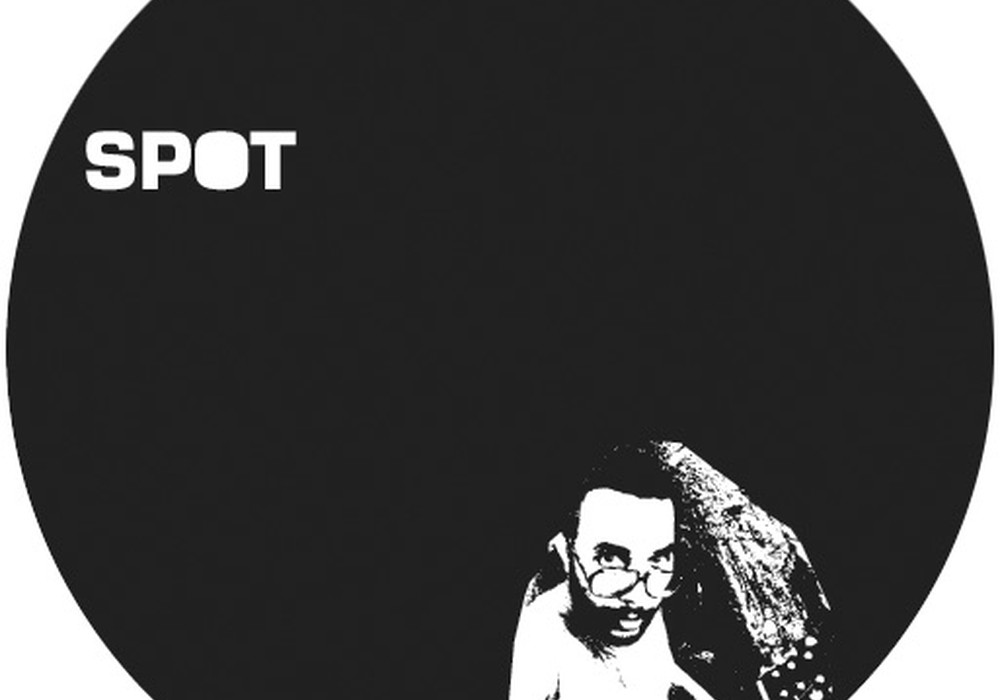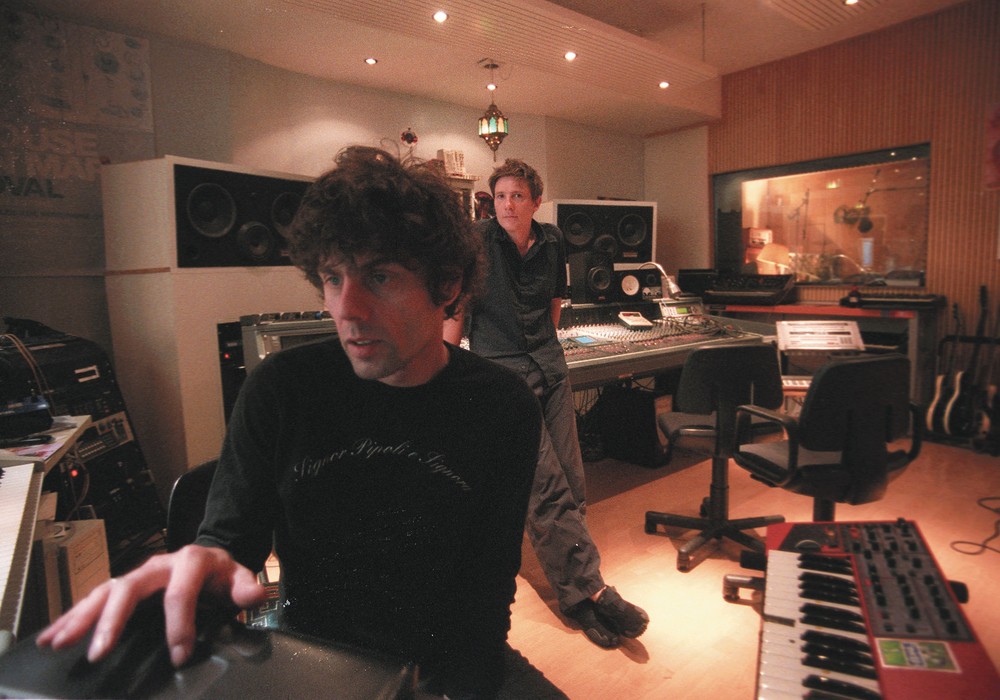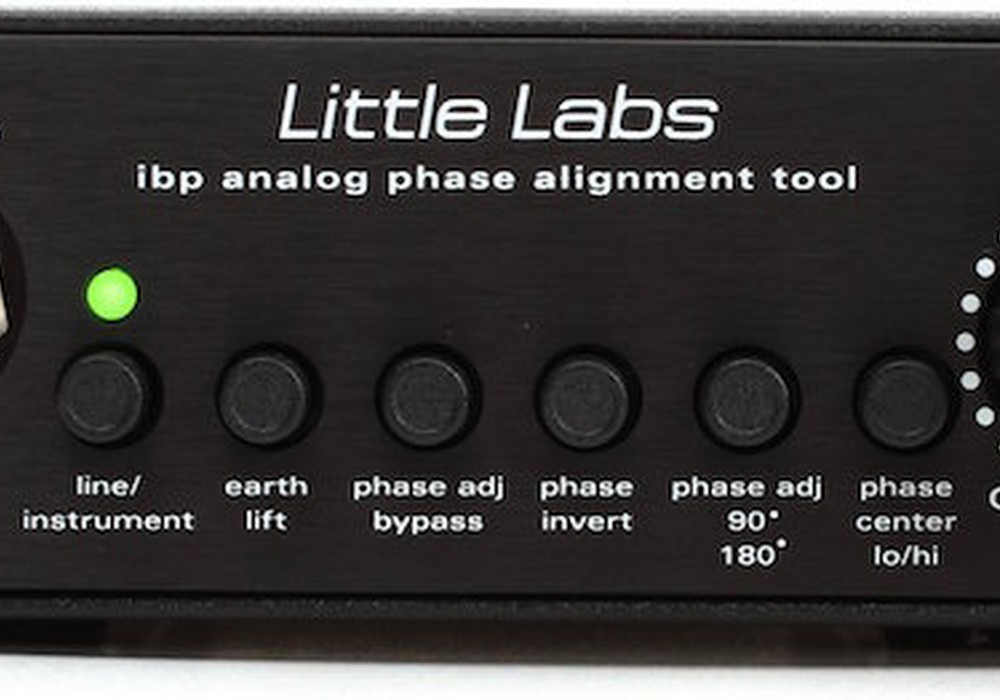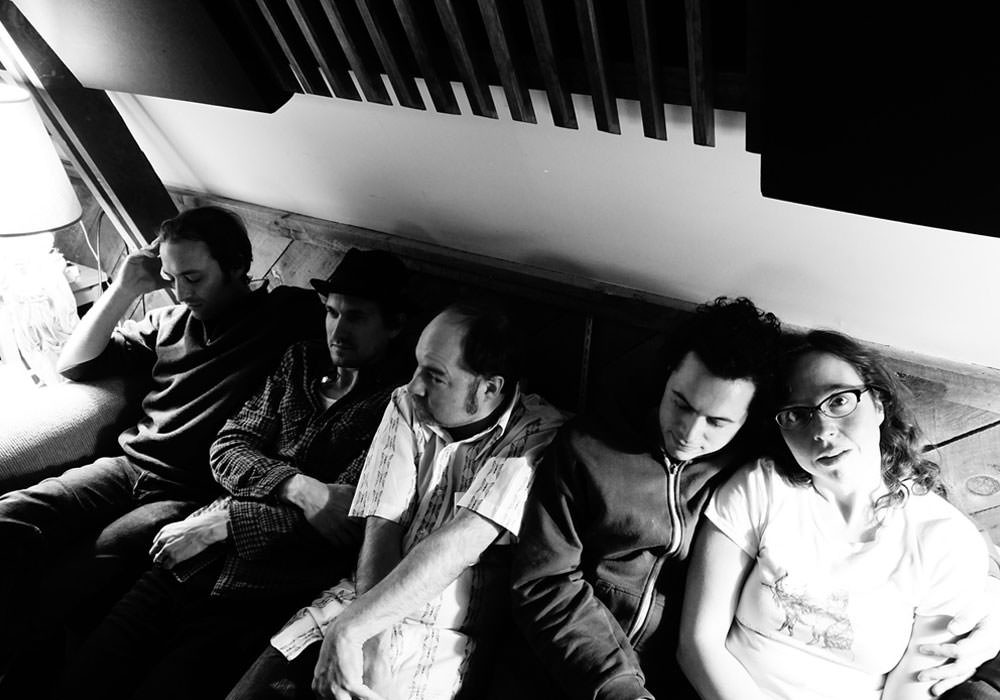Like many cassette artists, I recently bought a CD recorder for my computer. I'd been thinking about it for months. Would it be worth it? What could I do with CD-Rs that I can't do with cassettes? I wondered what else I would need to buy, (Do I need a new soundcard?) and what I'd have to learn (How do you get a song from cassette tape into a computer?). After asking questions of friends and re-reading some articles from Mike Bowman's superb online 'zine Free Agent , I decided that it wasn't that big of a deal and took the plunge. I bought a Memorex CD recorder, Adaptec's Easy CD Creator Deluxe software, and the Neato 2000 CD Labeler Kit, and was soon on my way to putting my self- released cassettes onto CDs.
Okay, not real CDs, but CD-Rs. This is a dilemma I'd been going through. Will my homemade CD-Rs be accepted as "real" CDs? (yes and no). Will they be reviewed in AP or CMJ New Music Monthly or Spin? Will I now be able to get them distributed all over the country? Will I get an article in Rolling Stone? Probably not. It seems that music manufactured at home is not taken seriously. (As we all know, music recorded at home is often a different story. See East River Pipe, Elliott Smith, Paul McCartney, etc.) In doing some internet research I found that several distributors would not even consider submissions on CD-R or homemade cassettes. You don't see CD-Rs reviewed in major music magazines, at least not the mags carried by Waldenbooks or Sam Goody.
So, why make CD-Rs if they won't be taken seriously? Well, for many of the same reasons we make cassettes. We have music that we want/need to record and send out to the world, but we don't have the money to get them pressed on "real" CDs (or vinyl or whatever.), nor do we have any kind of label support yet to
make them for us. CD-Rs are a step up. Audio CDs have proven to be the music medium of choice in the nineties, and CD-Rs are the closest thing the home-recordist has. Provided you have the equipment, CD-Rs are easier make at home than cassettes and not much more expensive. I found the sound quality to be noticeably better than my home-dubbed cassettes and the packaging allows more space for lyrics, pictures, or whatever. I also discovered the ease and convenience of digital editing (included as part of the Adaptec Easy CD Creator package). Experienced readers may scoff at this, but for somebody who was only used to cassette multitracks, the ability to seamlessly edit tracks was a revelation. I just finished a live album on CD-R and I really appreciated being able to cut out stupid things I said to the audience and the fumbling between songs. CD-Rs also have a better chance of being played on the radio than cassettes, as DJs don't have to cue them up before they go on the air, among other factors. And yes, there are some places that will review, publicize, and/or distribute your CD-R. You won't get rich, but if you're good enough you will get noticed.
CD-Rs can also, of course, be sold at shows. Many "normal" (non-musicians, non-recordists, etc.) people don't even know they're buying a CD-R that was made at home. Not that we're trying to rip them off. But they like the songs they just heard you play live and they'd love to buy something they can take home and pop into the CD player. They don't care how it was made, as long as it sounds and looks good. And at $5 to $10, where most home-recordists are pricing their CD-Rs, many people see them as a bargain, especially when they're used to seeing CDs for $16.98 at the mall.
Several people in the cassette culture have switched over to CD-R. Some are already calling CD-Rs the "cassettes of the '90s." I don't know if enough people are putting out music on CD- Rs to say that yet, but they are getting more popular. I found it easy, fun, and satisfying to put my music onto CD-R, and I would encourage other home-recordists and cassette micro-labels to do the same.
